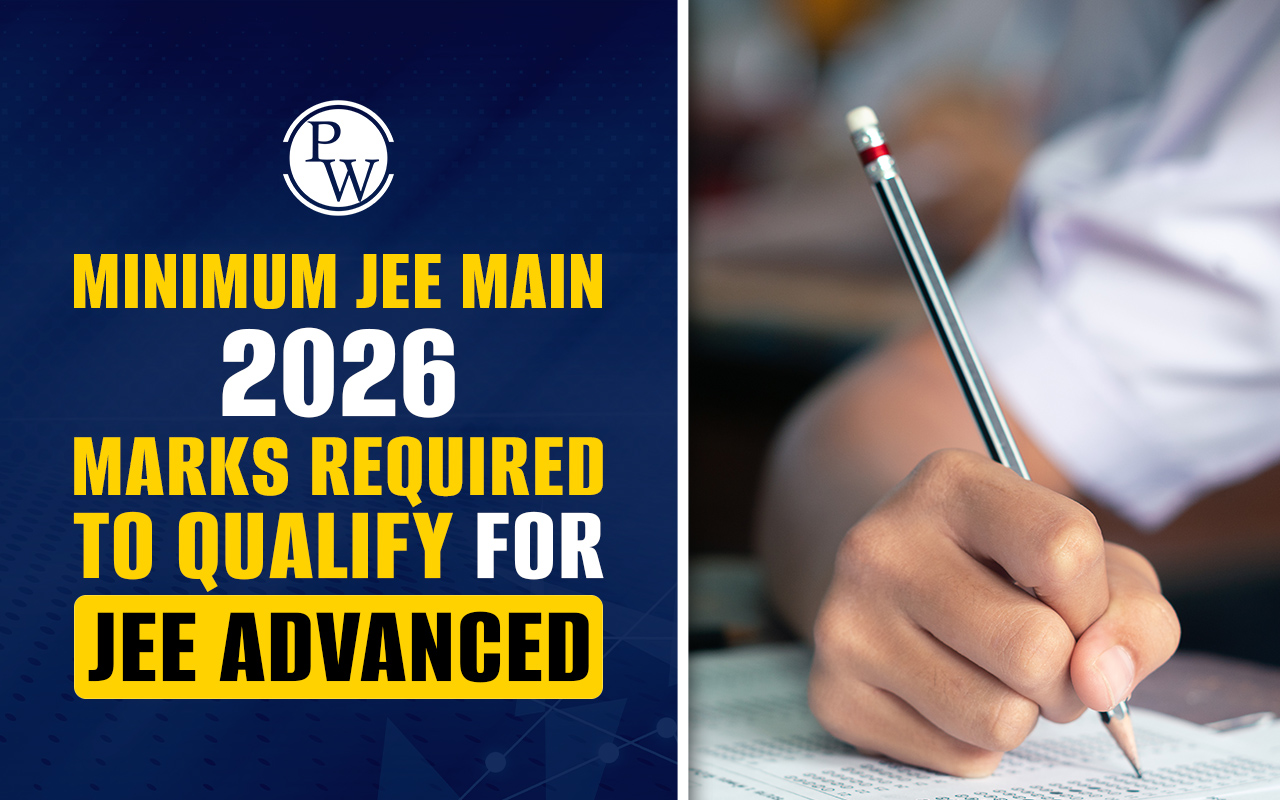
Methods Use To Prepare Alcohols : Free alcohols are rare in nature; instead, Alcohols are mostly found in the essential or volatile oils that are extracted from the flowers, leaves, and stems of various plants. Alcohols can be made from a wide range of other compounds (including alkenes, alkyl halides, ketones, esters, and aldehydes) and transformed into an even wider range of compounds.
Methods Use To Prepare Alcohols
Methods Use To Prepare Alcohols : Alcohols can be prepared mainly by following methods:
- From haloalkanes
- From Alkenes (a) By acid catalyzed hydration (b) By hydroboration oxidation (c) Oxymercuration Demercuration
- From carbonyl compounds (a) By reduction (b) By addition of Grignard reagents
- From Acid Derivatives (a) By Reduction of Acid (b) By reduction of Acid Derivatives
- By Fermentation
1. Prepare Alcohols From haloalkanes :
Prepare Alcohols From haloalkanes: Haloalkanes are heated with aqueous sodium or potassium hydroxide to form alcohols.
R–X + KOH (aq) → R –OH + KX
2. Prepare Alcohols From Alkenes :
Prepare Alcohols From Alkenes :
(a) Prepare Alcohols By Acid catalyzed hydration
Prepare Alcohols By Acid catalyzed hydration: Alkenes react with water in the presence of acid as a catalyst to form alcohols.
In case of unsymmetrical alkenes, OH is added to the carbon having less number of hydrogen atoms.
Mechanism : Alcohol is formed when alkenes react with water in the presence of acid as a catalyst. In the case of unsymmetrical alkenes, the addition reaction occurs according to Markovnikov’s rule.
Reaction takes place in three steps :
1.
2.
3.
(b) Prepare Alcohols By hydroboration oxidation
Prepare Alcohols By hydroboration oxidation : Hydroboration-oxidation transforms alkenes into alcohols. It performs the net addition of water across an alkene. This is the addition of water at double bond according to Anti-Markovnikov Rule.
Hydroboration of Alkenes to give alcohols.
Steps involved in this reaction are:
(c) Prepare Alcohols By Oxymercuration Demercuration
Prepare Alcohols By Oxymercuration Demercuration: When alkenes are treated with mercury (II) salts and water, water and mercury are added across the C-C π bond. This is known as oxymercuration. Following the completion of oxymercuration, demercuration is carried out with sodium borohydride (NaBH 4 ), which rapidly breaks the C-Hg bond and forms a new C-H bond.
3. Prepare Alcohols From Carbonyl compounds :
Prepare Alcohols From Carbonyl compounds :
(a) Prepare Alcohols By reduction
Prepare Alcohols By reduction: Aldehydes and ketones are reduced to corresponding alcohols in the following ways:
-
Addition of H 2 in the presence catalyst like platinum, Nickle.
R – CHO
R – CH
2
OH
-
By complex metal hydrides such as Lithium aluminium hydride (LiAlH 4 ) or sodium boro hydride (NaBH 4 )
R – CHO
R – CH
2
OH
(b) Prepare Alcohols By addition of Grignard reagent
Prepare Alcohols By addition of Grignard reagent :
- Grignard reagents (R−MgX) are polar in nature where carbon is electronegative and Mg is electropositive.
- Due to the polar nature of Grignard reagents, they react with aldehydes and ketones to form addition products.
- which upon decomposition gives alcohol with water or dil. H 2 SO 4 .
Important Points
-
When formaldehyde (HCHO) is used in the above reaction, primary alcohol is obtained.
HCHO + CH
3
CH
2
MgBr
CH
3
CH
2
CH
2
OH + Mg (OH)Br
-
When aldehydes other than formaldehydes are used, secondary alcohols are obtained.
-
When ketones are used, tertiary alcohols are obtained.
4. Prepare Alcohols From Acid Derivatives :
Prepare Alcohols From Acid Derivatives
(a) Prepare Alcohols By Reduction of carboxylic acids:
Carboxylic acid with strong reducing agents like LiAlH 4 gives alcohol.
(b) Prepare Alcohols By reduction of carboxylic acid derivatives :
Acid chlorides (R-COCl), Acid anhydrides (RCO) 2 O, Esters (R-COOR') etc. are derivatives of R-COOH and produce alcohol upon reduction.
esters (RCOOR') upon reduction form alcohols. However, in case of esters, a mixture of two alcohols is obtained (one from RCO- and the other from -OR').
Esters react with aqueous alkalies to produce alcohols.
R–COOR’ + NaOH (aq) → RCOONa + R’OH
CH 3 COOCH 2 CH 3 + NaOH (aq) → CH 3 COONa + C 2 H 5 OH
Note : Acid amide (R-CONH 2 ) is a derivative of carboxylic acid but forms amines (R-NH 2 ) upon reduction.
5. Prepare Alcohols By Fermentation
Prepare Alcohols By Fermentation : Fermentation is a low decomposition of complex organic compounds into simpler compounds in the presence of suitable micro-organisms which are the source of biochemical catalyst known as yeast.
Glucose
ethanol + carbon dioxide
C
6
H
12
O
6(aq)
2C
2
H
5
OH
(aq)
+ 2CO
2(aq)
(C 6 H 10 O 5 ) n → CH 3 CH 2 CH 2 CH 2 OH + CH 3 COCH 3
Starch n – ButylalcoholMethods Use To Prepare Alcohols FAQs
Q.1: Does alcohol form hydrogen bonding? Which type of hydrogen bonding is present in ethanol?
Q.2: How can we distinguish between Phenol and ethanol.
Q.3: What is alcohol in general?
Q.4: Dehydration of alcohol is an example of
Q.5: Converting sugar into alcohol is known as










